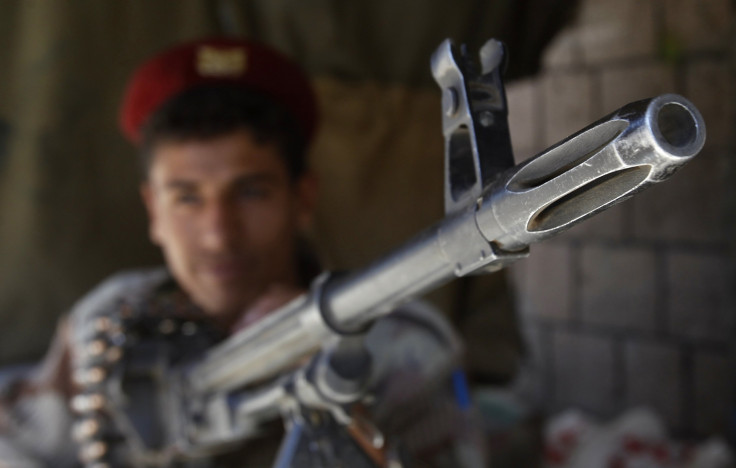Pentagon Cannot Account For $500M In US Military Aid To Yemen: Report

The U.S. has lost track of weapons and ammunition worth millions donated to the Yemeni government, an American defense official, speaking on the condition of anonymity, told the Washington Post. The situation in Yemen, which has been in a state of turmoil over the last few years, deteriorated rapidly in January, when the government led by Abed Rabbo Mansour Hadi was toppled by Shia Houthi rebels.
The lost equipment, which includes small arms, ammunition, night-vision goggles, patrol boats and vehicles, is reportedly worth $500 million. This is a sizeable chunk of the military aid provided by the U.S. to the strife-torn nation since 2007, when Ali Abdullah Saleh was the president.
“We have to assume it’s completely compromised and gone,” an unnamed U.S. legislative aide told the Post. While acknowledging that the Pentagon had lost track of the arms and equipment, a defense official reportedly said that there is no evidence that the items have been looted.
“Even in the best-case scenario in an unstable country, we never have 100 percent accountability,” the defense official told the Post. However, given the fragile situation in the country, with Iran-backed Houthi rebels and al Qaeda-affiliated militants fighting for control of territory, the U.S. has halted shipments scheduled for later this year. The defense official reportedly said that this aid, worth about $125 million in military hardware, would now be donated to other countries in the Middle East and Africa.
The report is likely to come as a setback to U.S. President Barack Obama’s attempts to combat terrorism in Yemen by training and equipping the country’s military -- a program that has been touted as a successful anti-terrorism strategy.
“The administration really wanted to stick with this narrative that Yemen was different from Iraq, that we were going to do it with fewer people, that we were going to do it on the cheap,” Rep. Mac Thornberry, chairman of the House Armed Services Committee, told the Post. However, with the U.S.-backed President Hadi’s cabinet being pushed to the southern Yemeni city of Aden, the success of this strategy seems increasingly unlikely.
© Copyright IBTimes 2025. All rights reserved.






















